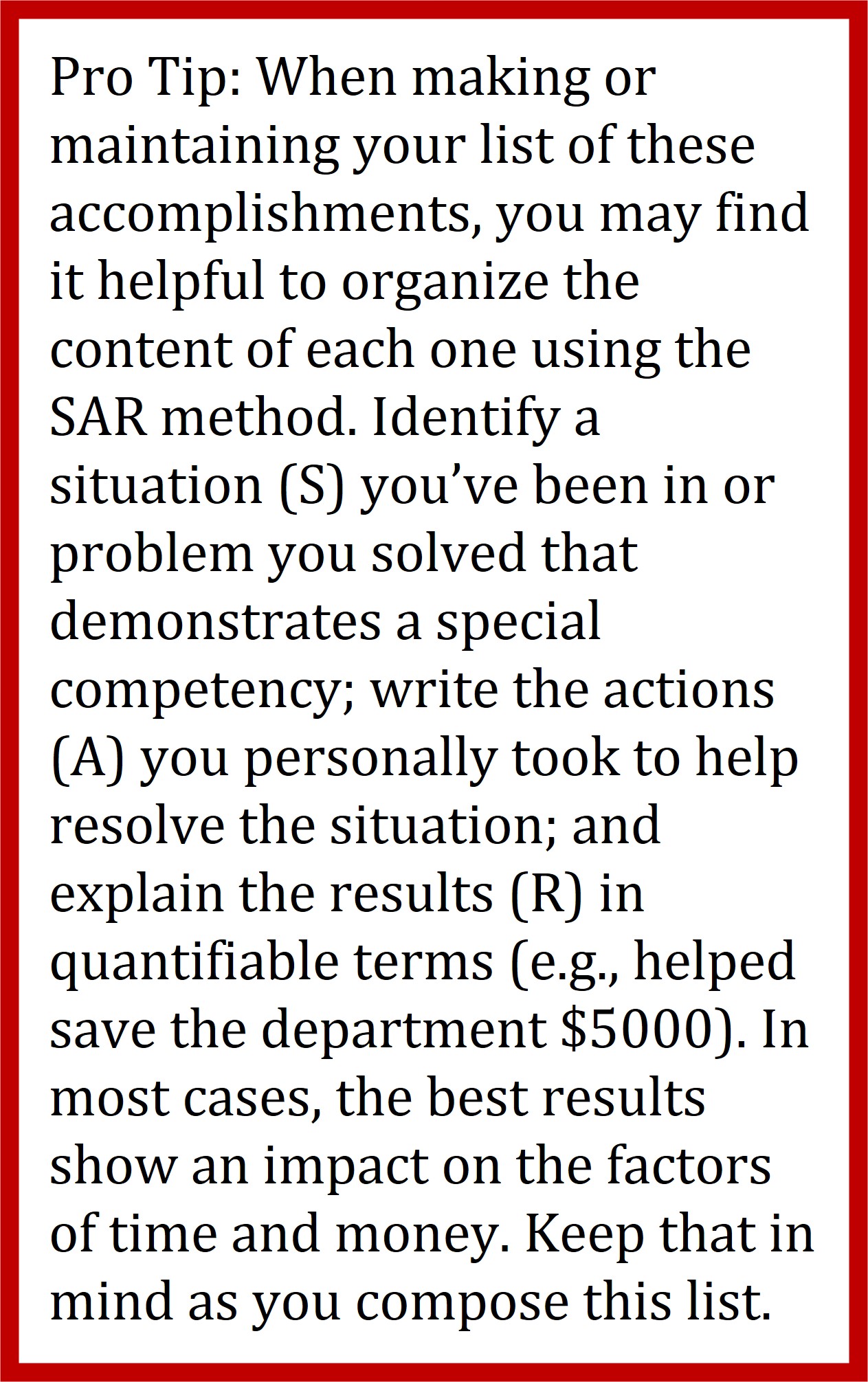
So, you’ve decided it’s time. You know exactly what you want, and you’re ready for a promotion. Rather than waiting for someone to bestow it upon you, you’ve realized that it’s going to be up to you to ask for it.
Before you proceed, you need to prepare your case and come up with some talking points to demonstrate your readiness to upper management. That means you’ll need to gather some information.
The Information You Need
The best place to start is with a wide angle and the big picture. Step back from your personal perspective for a moment to see the overall status of your organization. Look for signs that your request might be granted. For example, is the organization on a strong growth trajectory?
Also, become aware of the organization’s decision structure (who decides what). Your direct manager may not have sole decision making power. Once you know who the key decision makers are, you’ll want to understand their main concerns and motivations. What would likely make them say no and what would likely make them say yes to your request?
This isn’t to say that you should engage in and try to navigate workplace politics, but, rather, it’s more along the lines of what you’d do to prepare well for a negotiation because when you ask for a promotion, you’re kicking off a negotiation. And to negotiate successfully, it’s wise to follow Stephen Covey’s principle, seek first to understand and then to be understood. In his excellent article, Six Successful Strategies for Negotiation, Bob Gibson goes so far as to say it’s the first rule: “It is important to understand the position and interests of the other side before beginning any negotiation.”
 The next level of information you need to gather is about yourself. If you haven’t already been doing it, then it’s important that you now take time to make a record of your contributions to key initiatives, projects, etc. in your current role. Think about the team’s successes and what your specific role has been in those successes.
The next level of information you need to gather is about yourself. If you haven’t already been doing it, then it’s important that you now take time to make a record of your contributions to key initiatives, projects, etc. in your current role. Think about the team’s successes and what your specific role has been in those successes.
Naturally, you’ll want to make note of any particular skills you’ve gained that are pertinent to the new role you’re targeting. And as you list your contributions to the team’s successes, be sure to also include mention of those relevant skills you used.
Another good idea is to keep a personal “kudos” file. In it you will keep any on-the-spot awards, thank you notes, kudos, or recognition you get from colleagues, managers, clients, vendors, etc. When you get a compliment via email, put it in the file too.
Conclusion
Asking for a promotion requires careful preparation and gathering of relevant information. By observing the big picture of your organization’s status, you can assess the likelihood of your request being granted. It’s also essential to know the decision-making structure within your organization and the concerns and motivations of key decision makers. This knowledge will help you navigate the conversation more effectively.
Equally important is gathering information about yourself. Take note of the skills you have acquired that are relevant to the new role you seek. Keep a record of your contributions to key initiatives and projects, emphasizing your specific role in the team’s successes. Maintain a personal “kudos” file where you store any awards, thank you notes, compliments, or recognition received from others. This file serves as a tangible reminder of your value and impact and may come in handy as a reference in case you need it to bolster your case.
Remember, asking for a promotion is not simply a request – it initiates a negotiation process. By thoroughly preparing yourself and understanding the perspectives of decision makers, you increase your chances of success. With careful planning and a strong case, you can confidently approach upper management and make your desire for a promotion known. Seize the opportunity to advocate for your professional growth, demonstrate your worth, and proactively open doors to new possibilities.
